With Australia’s home-grown cruise season still riding at anchor thanks to government inaction, Australians are packing their cases and heading off overseas.
There are a few more complications than, perhaps, you remember. So we’ve compiled this guide to getting aboard a cruise ship outside Australia.
A good option, of course, is to book through a cruise travel agent who will handle all the details for you. Here’s what you need to know:
Vaccination passports and COVID tests
Wherever you’re planning on cruising, it’s almost inevitable that you will need to be double vaccinated. Some countries such as Thailand may let you visit unjabbed if you quarantine for two weeks, but the majority of countries you will need to be fully vaccinated.
If you are hoping to get on a cruise in the United States or Europe you will definitely require a double jab to enter.
To get your International COVID-19 Vaccination Certificate you need to log onto MyGov and connect your Medicare account or you can use the Express Plus Medicare mobile app. If you don’t have access to these options you can visit a Services Australia centre or call the Australian Immunisation Register on 1800 653 809.
There is a video here on how to get your vaccine passport.
An important note is that you are not considered fully vaccinated until seven days after your second shot.
Another requirement before you even get on a plane is to have to have a negative COVID test from an approved PCR testing site within 72 hours of departure.
Qantas says they will soon provide details of certified labs for PCR tests and this test will be at the customers expense.
If a flight is delayed beyond the 72 hour window, you do not need to get a new test, however if a flight is rescheduled or cancelled, you will need to provide a new negative test.
A PCR test generally costs around $150.
Also important to note is that many cruise lines will also require a negative PCR test within two or three days of boarding, so depending on the timeline of your trip you may need to research pathology labs in your destination of choice and arrange to get a test there as well.
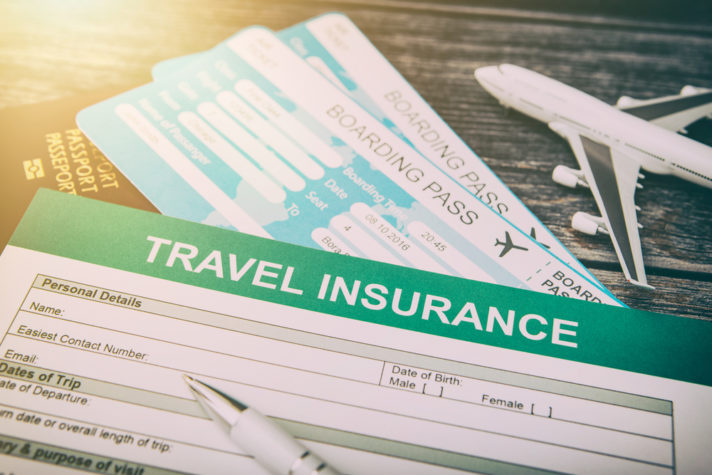 Insurance
Insurance
This is an essential – and forget that credit card travel insurance. You need the real thing – and you need to read the policy.
The key point to know is that many policies will only cover medical quarantine and cancellation costs if you or someone in your travel party tests positive to COVID.
Which means that if you miss or can’t attend your cruise due to government bans or border closures you may need to cover those costs yourself, depending on your policy.
You will also likely need to pay an extra premium to ensure you are getting cruise cover.
However, even with cruise cover some insurers may still not offer protection for if you contract COVID while on a multi-night cruise. For example, CoverMore does offer cruise cover for an extra premium – but will not protect you if you contract COVID on your cruise.
Allianz provided us with this statement which ensures that they will provide cover for those who contract the disease while on-board.
“Allianz travel insurance is available for all permanent residents of Australia and those who hold a current Australian visa (except tourist or holiday visas) who purchase their policy before commencing their journey; the journey must commence and finish in Australia. Travellers can add an optional cruise pack to our Comprehensive, Domestic or Multi-Trip plans.
“The Cruise Pack provides cover for policyholders to participate in sea and ocean cruising while they are overseas and in Australian waters. If a Cruise Pack is not added to the policy, there will be no cover provided for cruise related expenses or claims.
“The Cruise Pack includes:
- medical cover while cruising benefit
- evacuation cover – ship to shore benefit, and
- cabin confinement benefit.
“If the policyholder is positively diagnosed with COVID-19 during their period of cover, Allianz will provide cover subject to the terms and conditions of the policy.”
This highlights the importance of examining your insurance policies and being sure you know who covers what.
As a further more general guide, SmartTraveller recommends the following insurance cover checklist
- Is your destination covered? Insurers might limit cover to countries that have a travel zone agreement with Australia, such as New Zealand, or to countries that Medicare has a reciprocal agreement with, such as the UK.
- Are you covered for the full duration of your trip? For example, can you extend your cover should you be overseas for longer than planned because your flight gets cancelled? Or if quarantine-free travel is paused?
- Are stopovers on the way to your destination covered? Is there a restriction on the amount of time you can be at the stopover location? What happens if you remain stuck for an extended period?
- Are you covered if you can’t travel, or your stay gets extended, because you or your travelling companion tests positive to COVID-19? What if you have to go into isolation because you’re a close contact of someone who tested positive?
- Are you covered for cancellation costs if your business partner or a relative back home gets sick with COVID-19 and you need to return earlier than planned?
- What happens if you were going to stay with someone but they’ve contracted COVID-19? Or your accommodation or tour company gets closed down because of COVID-19? Are your additional expenses covered?
- If you’re planning to go on a cruise, be extra careful. Some travel insurers currently don’t offer COVID-19 cover for multi-night cruises.
- Are you covered for claims caused by government travel bans, ‘Do not travel’ advice, border closures, or mandatory quarantine/self-isolation requirements at your destination?
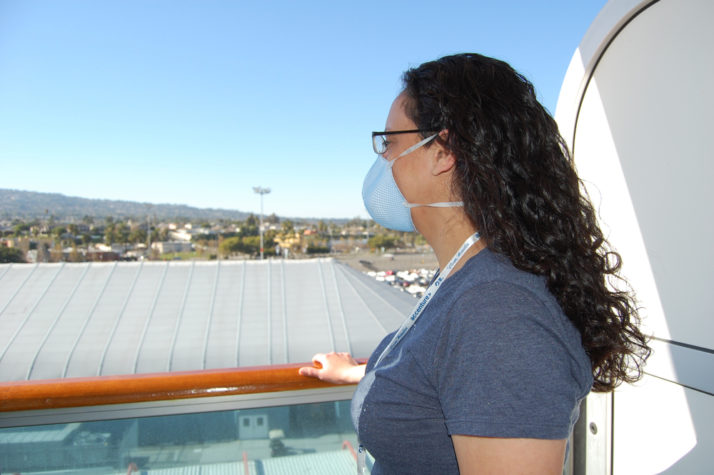 What policies to expect when jumping on a cruise
What policies to expect when jumping on a cruise
Different cruise lines will have different policies, which will of course be communicated to you when booking. However, he is an overview of what you can expect from some of the major big ship and luxury lines.
Royal Caribbean
- For all cruises departing from US homeports, guests who are 12 or older will need to be fully vaccinated with their second dose at least 14 days prior to departure. Those under 12 can enter the ship.
- Cruises from US Homeports also require a negative PCR or antigen test taken no more than two days before boarding. Unvaccinated kids aged 2 to 11 must show a negative test taken no more than three days before boarding.
- For most Royal Caribbean European cruises guests who are 18 or older must be fully vaccinated for at least 14 days before boarding
- Most Royal Caribbean European vaccinated cruise guests will take a rapid antigen test during check-in. Those unvaccinated will need to arrange a COVID test at their own expense no more than 48 hours before boarding and then again take a rapid antigen test. However, pay close attention to the different rules for each country, for example you do not need a negative test to enter Cyprus.
- View vaccinated conditions for different ports here and testing conditions for different ports here.
Norwegian Cruise Line
- Norwegian Cruise line has a 100% vaccination requirement, you must be fully vaccinated two weeks prior to sailing
- You will be required to take an antigen test but this will be paid for by the cruise line.
- This policy is global and applies wherever you cruise.
Celebrity Cruises
- Celebrity Cruises has different conditions for each port they sail from which can be viewed here.
- If you are sailing out of the US, all guests above 12 must be vaccinated two weeks prior to cruising and no at-home testing is required.
- If sailing in the UK or Spain, all those above 18 must be vaccinated, those under 18 who are not vaccinated must show a negative PCR test.
Oceania Cruises and Regent Seven Seas Cruises
- Oceania Cruises will require you to be fully vaccinated and have at minimum, a negative antigen test within 72 hours of embarkation, but PCR is encouraged. Without either of these you will not be able to board.
- All guests are required to be vaccinated so minors who have not yet been able to get the vaccine will not be permitted to sail.
Where you can you travel
The Australian government has placed no restrictions on where you can travel to, however, if you go to a country Australia has set up a travel bubble with such as Singapore, you will not need to quarantine at home when you return.
Otherwise, you may need to do two weeks of home quarantine depending on what state you’re returning to. NSW has confirmed that double vaccinated travellers returning from international destinations will no longer need to quarantine.
As far as where the major airlines will take you, Qantas will be flying to London and Los Angeles from November 1, with flights to Fiji, Singapore, Canada and India also commencing before the end of this year. Flights to South Africa and Thailand will commence in January.
Other airlines such as Hawaiian Airlines, Air Canada, Fiji Airways, Virgin Australia and more will also be resuming service.
While it might be more difficult than in the past to get direct flights to your cruise destination, once you’re out of the country, there are no restrictions on where you can go. Hawaiian airlines can you take you to Hawaii, where you can get a connection to almost anywhere on the US Mainland and a Qantas flight to London, makes for an easy connection to the rest of Europe.


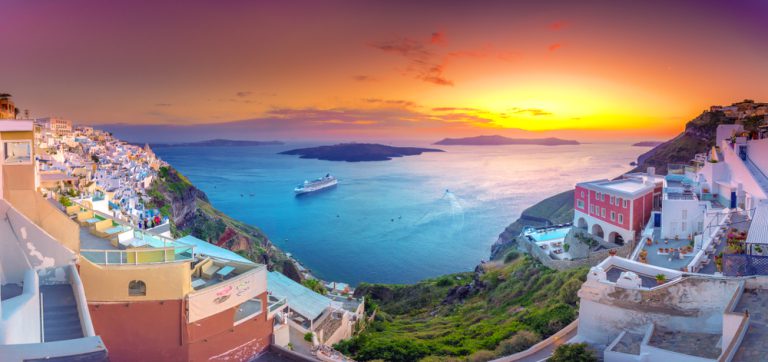

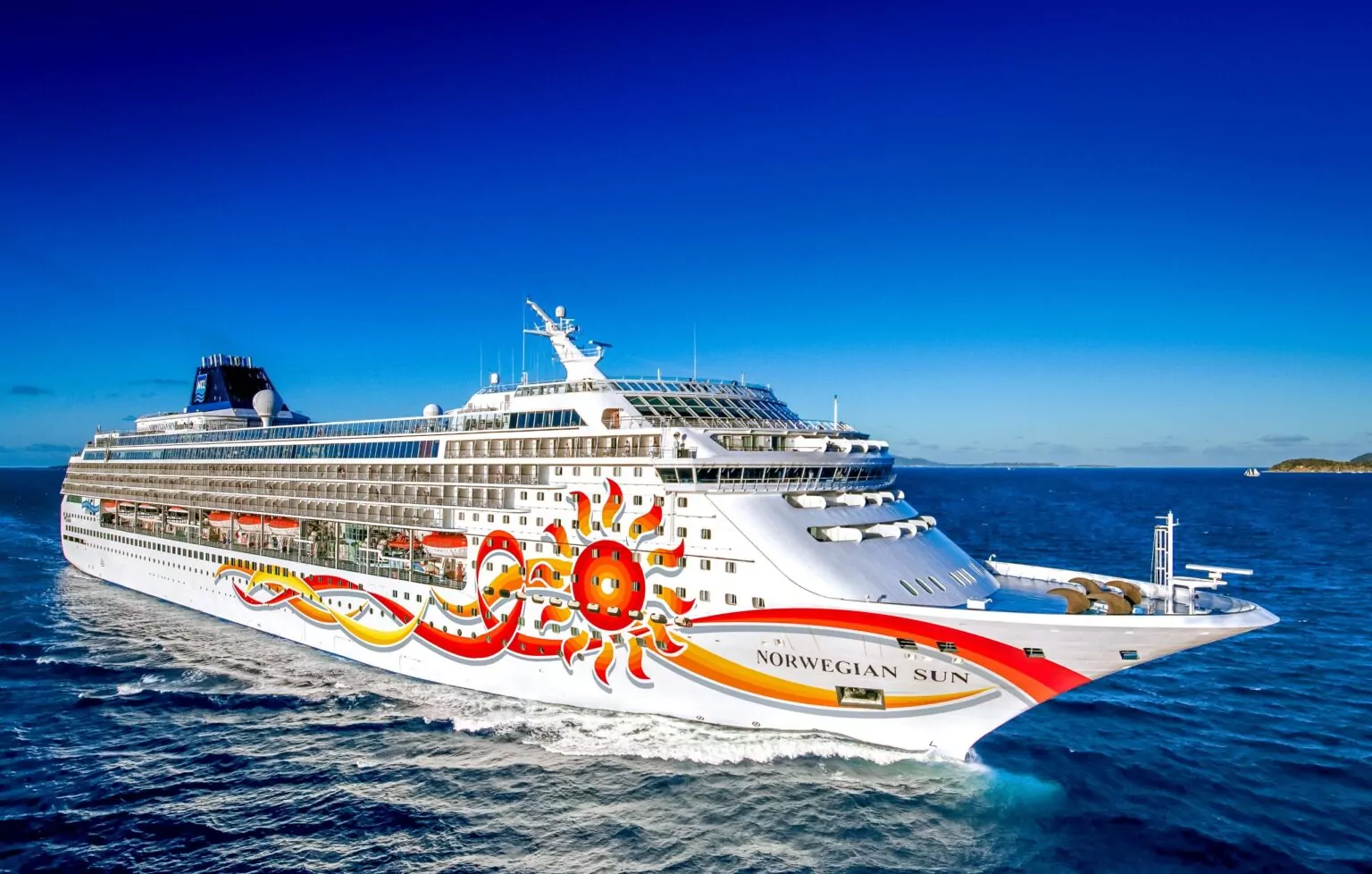

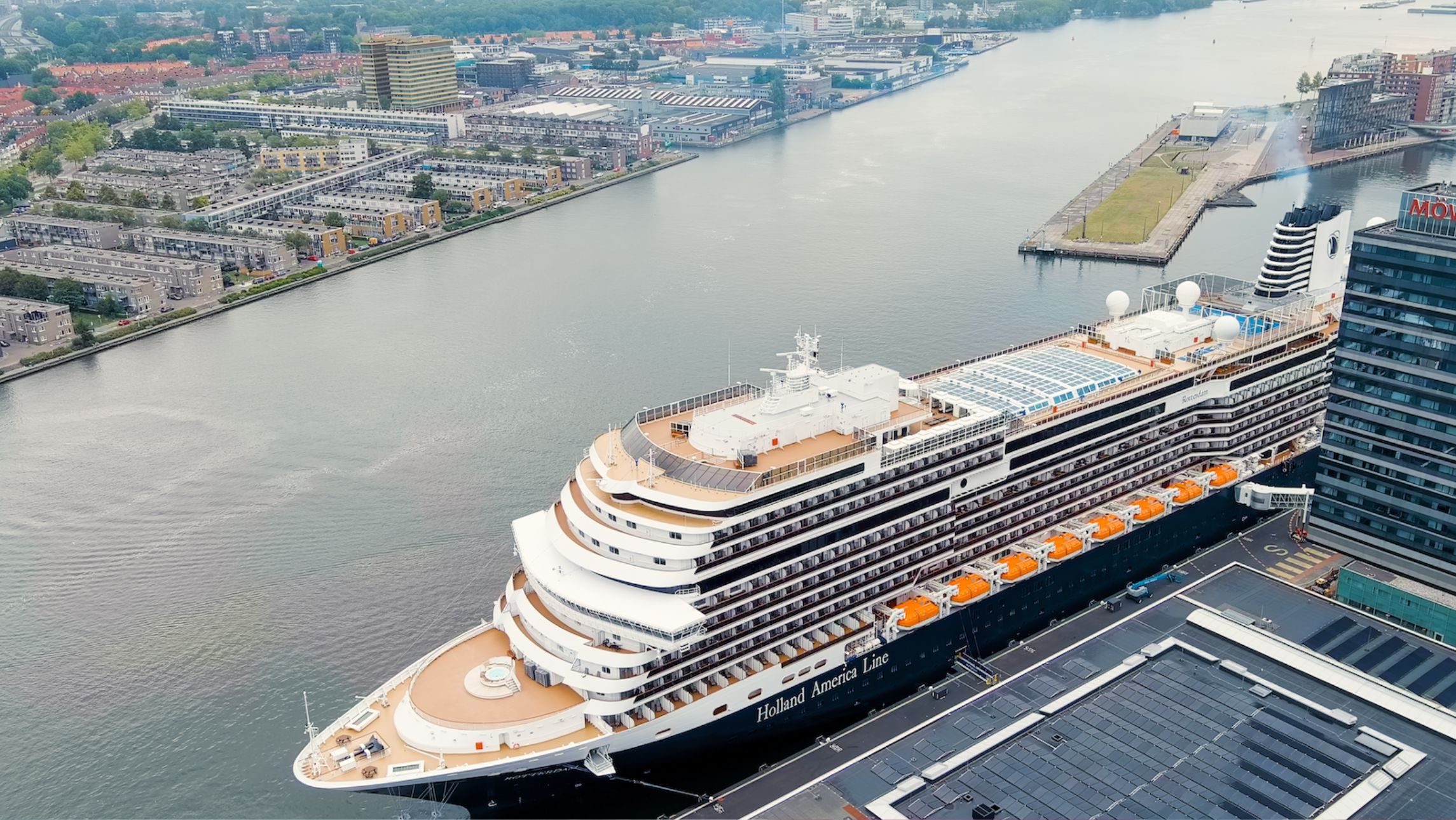



Will we be covered if we travel to Europe and do a river cruise then fly to Greece and then fly to Rome and travel Italy
Insurance
This is an essential – and forget that credit card travel insurance. WHY ??
Thanks for the clarification on INSURANCE. Can someone please answer this……….DO WE NEED TO WEAR MASKS ONBOARD?
Fiji & New Zealand are open to fly but no answer to when we can start cruising again what a joke. Cruising is going to be one of the safest ways to travel with all the new rules and tests.
These $150 PCR tests from a selected few providers are an absolutely disgraceful RORT and need to be scrapped ASAP ! A PCR test from one’s local health testing centre together with the International Covid-19 Vaccination Certificate should be acceptable.